Podcast: Play in new window | Download
That depends!
Today, I share a story about a pair of ailerons that were damaged when a Piper Cherokee was backed into the T-hangar a little too far. We talk about the repair options for a scenario like this.
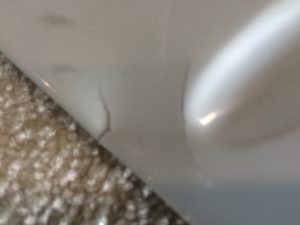
Here is a Piper Cherokee rudder we removed for repair due to 2 cracks in the trailing edge.
Are any cracks or repairs allowed on Piper flight control surfaces?
What about Cessna?
The answers may surprise you.
Listen to today’s episode to find out about some clear information that airplane owners should know.
Regardless of what kind of airplane you own, today’s show can help to point you in the right direction to get answers for your flight control surface questions.
Don’t take a chance on a questionable repair… there are too many of them flying around out there.
These patches may have been considered acceptable many years ago, but not today! Thankfully, this is not a flying airplane… it is now being used for A&P training.
Here are a couple other repairs I found…
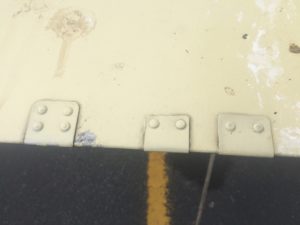
This one is a Cessna 310 that is now being used for A&P training. These patches were installed on the elevator many years ago.
So, after talking about control surfaces, here are a few things you might want to consider:
- Take a look at your airplane… do YOU have any cracks in any of your flight control surfaces? If so, do whatever needs to be done per the service manual… after all, even though unlikely, you don’t want to get stuck because an FAA inspector has grounded your airplane.
- Take a walk around your airport and look at all the flight control surfaces… it might surprise you how many there are… if nothing else, it will give you an idea of the kinds of cracks that can happen, and the places that tend to crack easily.
- Be careful when you do your preflight inspection. If you hear that “oil canning” effect when you move your flight controls, you are pushing too hard on it… if you must move it slightly, do it between the palms of your hands (preferably at a rib if possible), rather than grabbing the trailing edge with your thumb and finger. (There’s good reason for that “NO PUSH” placard.)
And remember, even if you CAN legally repair a flight control surface, it must be balanced after the repair and paint are completed.
If you have any good stories about flight control surfaces, please contact me and let me know.
deanshow@gmail.com, or use the comment button on this episode, or leave me a voicemail by using the button on the right side of the page at airplaneownermaintenance.com
Thanks, and if you like this podcast, please go to iTunes and leave me a rating and review. I would really appreciate it!
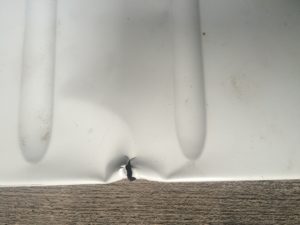
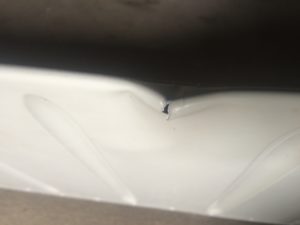
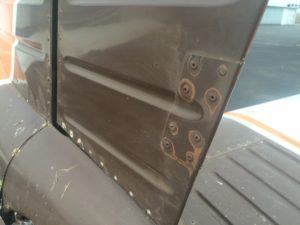
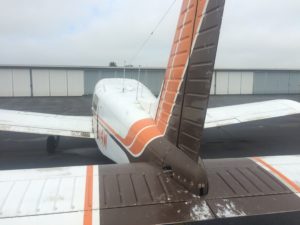
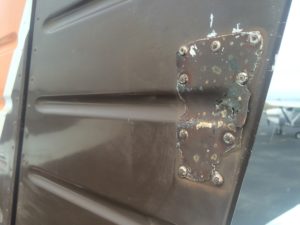
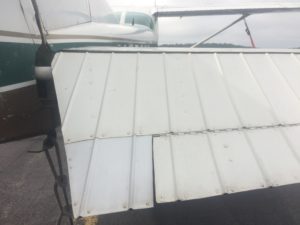
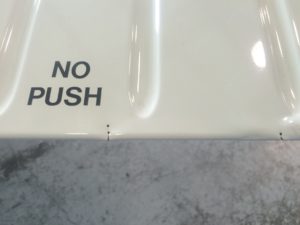
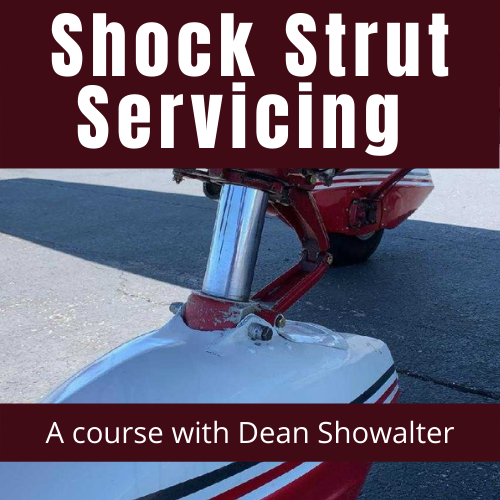
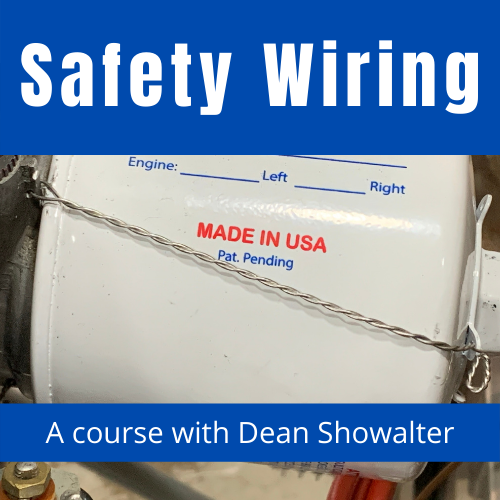
Recent Comments